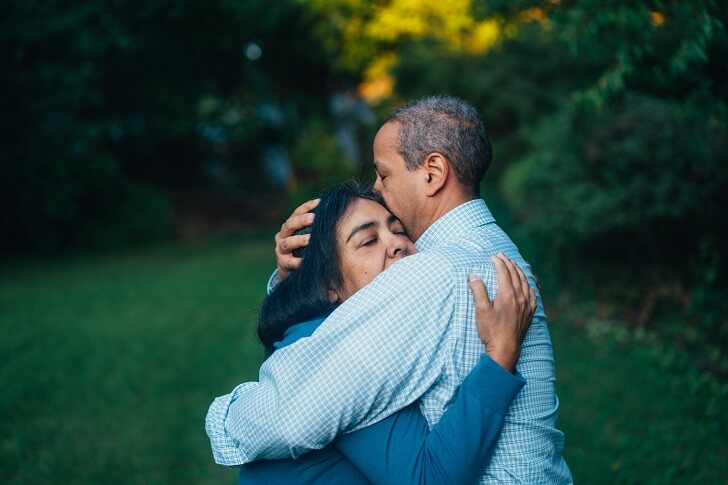Sometimes seemingly small changes in an elderly loved one’s personality and behavior is a sign of something more serious. Is your usually organized mother’s house starting to get unkempt?
Is she suddenly more forgetful than normal? While the thought of a close family member or spouse’s cognitive decline is a painful one, recognizing signs of it can greatly help address their needs and even halt the worsening of their condition.
This is easier said than done though. Addressing the subject of dementia with the person who may be suffering from it is very difficult as it’s a touchy one.
Here’s how you can effectively go about discussing the topic with a loved one.
Appropriate Time

Knowing the proper time to discuss a loved one’s health with them can be tricky. For Alzheimer’s Society’s Dr. Tim Beanland, people should start thinking about starting a conversation about a health concern when its effects have actually begun affecting an elderly person’s quality of life.
These might come in the form of minor accidents even while inside the home or mounting unpaid bills due to forgetfulness.
Once changes in their behavior become a topic of concern that’s when Dr. Beanland recommends family members to consult with a medical professional.
Addressing the Issue

Chances are high that the person him or herself has also become aware of their condition and are frustrated by it. So, before starting a conversation about the possibility of them having dementia, ask yourself first whether you’re the right person to be initiating it.
If the answer is yes, choose a quiet place without distractions to talk. Dr. Beanland also reminds people to maintain a calm yet reassuring attitude during the sensitive conversation.
Another piece of advice he has is to not be too straightforward and tell a person they might have dementia. Telling them you’re worried or asking if they noticed any changes in their behavior are good places to start.
Should the person refuse to see a doctor to confirm the condition and get help for it, one can go to their doctor directly to tell them the concerns at hand.
Be a Listening Ear

The experience of acknowledging and dealing with dementia can be an emotional rollercoaster for the sufferer. More than ever, this is the time when they’re going to need support. Dr. Beanland touts the importance of being there to lend a listening ear for loved ones.
In instances when the person becomes angry or refuses to engage, the doctor suggests family members to seek the help of psychologists and other doctors to better understand and adjust to a dementia diagnosis.




